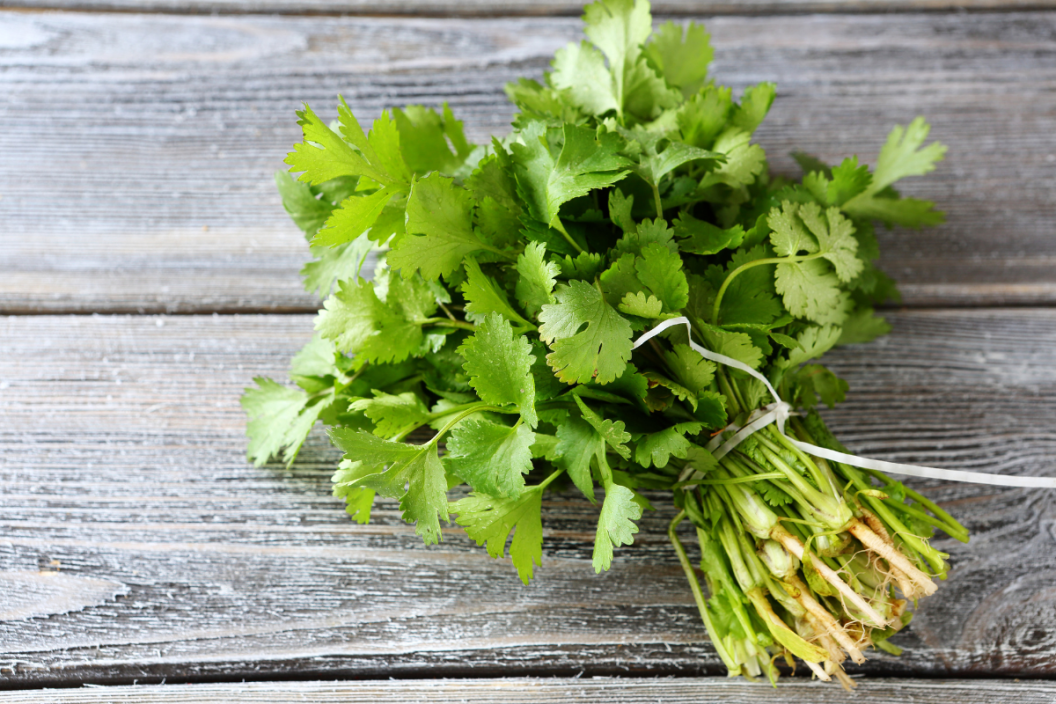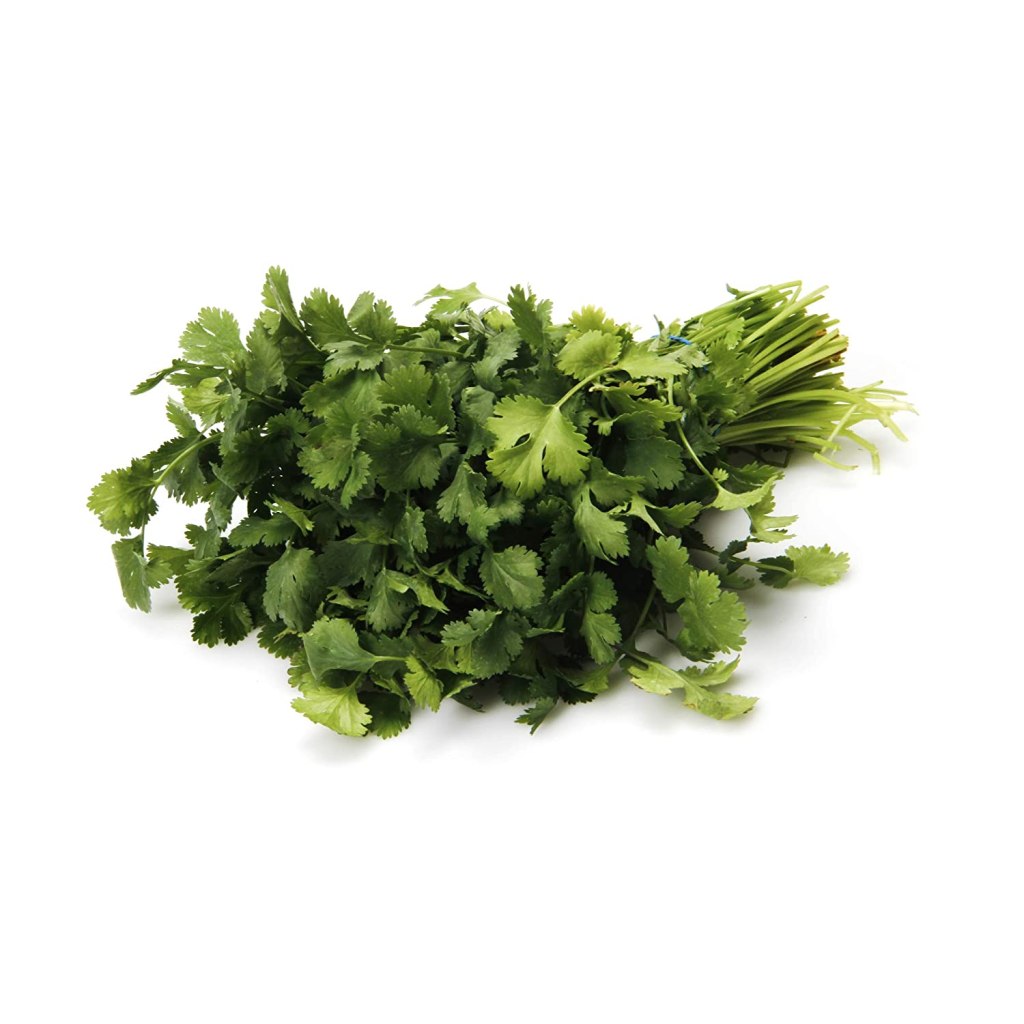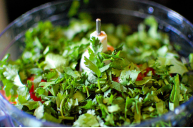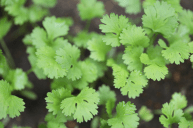Cilantro is used in cuisines across the world, beloved for its citrusy, tangy flavor that adds a pop to any dish. However, this herb is also one of the most divisive foods, as some view it as a delicious garnish to add flavor to a meal, while others hate the taste. Some dislike cilantro simply because of their preferences, but many cilantro haters are genetically disposed to taste soap when they eat cilantro!
The Perfect Garnish
Those who enjoy cilantro's flavor taste a spicy, citrusy flavor when they add it to a recipe. Because its flavor strongly decreases with cooking, it's often added right before serving as a lovely and flavorful garnish. Fresh cilantro is especially popular in Mexican cooking, along with various Asian cuisines. It's delicious when added to tacos, pesto or curries, adding a strong burst of flavor.
This popular ingredient is one of the oldest herbs in the world, and it's been used since ancient times. Coriander seeds, which cilantro grows from, have even been found in ancient Egyptian tombs! If you're unsure of where you stand on the cilantro debate, you can always order some on Amazon or buy it at your local grocery store.
Cilantro Haters and their Genes

Among others, Julia Child famously knows her opinion on the taste of cilantro, and she finds it disgusting. This is probably because she has a variation in a group of olfactory-receptor genes that causes people to taste the soapy aldehyde chemicals that are in cilantro leaves. This genetic variant is found in a small percent of the population, and it's more common in parts of the world where cilantro is less popular! In places where cilantro is beloved like Central America and India, fewer people taste the soapiness in cilantro. Because of this, most Hispanics and South Asians have a cilantro preference and enjoy it in a variety of dishes.
On the other hand, it's more common among Caucasians and East Asians. Some studies show that cilantrophobes, those who hate cilantro, can grow to enjoy it through exposure. However, many people who believe that the leaves of cilantro taste like soap prefer to avoid its soapy taste altogether and stick to other herbs.
Another theory for the polarizing aspect of this popular herb is the concept of supertasters. Supertasters are said to have an extremely sensitive palate, making them more able to taste subtle, bitter compounds in various foods. No matter the reason for the cilantro divide, it's clear that this leafy green is as polarizing as soda vs pop.





